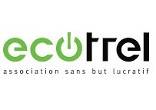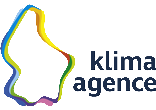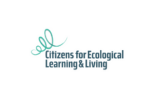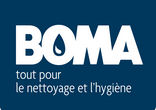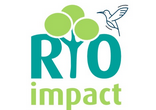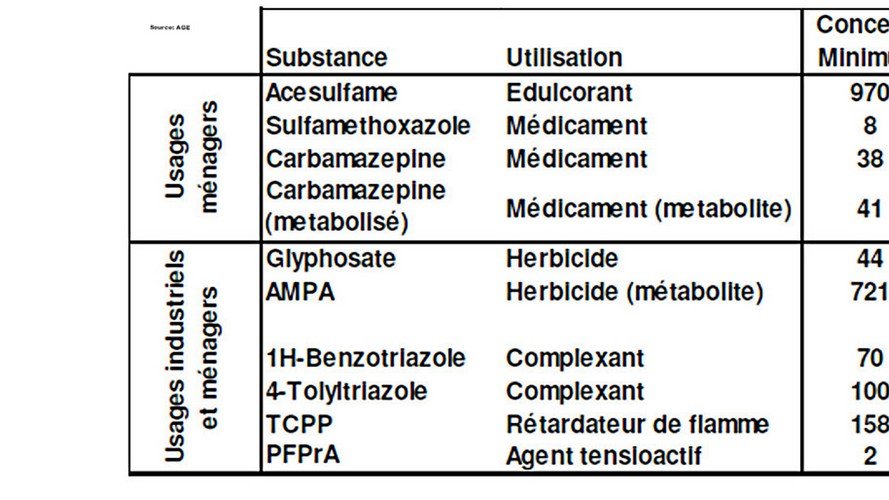
How do you spell sustaina...?
Why do you pay taxes when your hard-earned money contributes to maintain environmental infantile policies ? Go out and feel the pulse of an organic ecosystem that struggle day-in day-out to keep his naturally balance. Step out of your pink bubble bulb, leave the illusion of an environmental safe Luxembourg and don’t lie yourself. Rise up and write letters or posts to you municipalities’ politicians demanding effective measures to fulfil your dream : a life in a balanced ecosystem and a healthy environment.
Unfortunately the contrary is true. Luxembourg’s forests are in a bad way, a new report has found, with one in every three trees considered healthy. A survey by Luxembourg’s Sustainability Ministry showed that tree health has declined in the last 30 years http://www.environnement.public.lu/actualites/2016/02/22_nouveau_code_forestier/index.html). Native forests are now too old, increasing the risk of fungal diseases, forests become more fragmented as a result of development and air pollution is having a negative effect on forest growth, the survey found. One third is classified in the category of impaired and dead trees. Generally forests are important not only for flora and fauna : they filter tonnes water to provide clean drinking water, not so in Luxembourg.
Euronews headline 31st March 2015 : It is top marks for Zurich, but Luxembourg is at the bottom of the class. What has happened ? The rankings are part of a campaign called Soot-free for the climate, produced by Friends of the Earth Germany and supported by members of the European Environmental Bureau (http://www.sootfreecities.eu/). Luxembourg and Lisbon rank last in a test of how hard European cities are fighting air pollution, while Zurich and Copenhagen come top, an environmental group said Tuesday. Dublin, Glasgow, Madrid and Rome also fared badly in the test of 23 mainly western European cities. But Lisbon and Luxembourg finish in the last bottom two places for tackling air pollution in only a half-hearted manner. The number of cars in Luxembourg is fat to high and there are absolutely no restrictions on highly-polluting vehicles such as diesel cars, trucks and construction machines.
Well, you know already about the very bad news about Luxembourg’s water resources. Luxembourg is classified in 102 natural or not heavily modified surface water bodies. Only three (3 !) of them are for the moment in a good ecological status. The hydrological insufficiencies are top rated, followed by the biological deficiencies and the chemical overloads, especially nitrates and phosphates. Good chemical status is defined in terms of compliance with all the quality standards established for chemical substances at European level. Unfortunately not a single (0 !) surface water body can be labelled as good.
So the national resources (green, white and blue) are heavily polluted. But maybe sewage treatment plants could prevent further quality degradation of the surface water bodies. If apparently no effective measures are taken to avoid ecological impairment, maybe there is a chance that waste water treatments plants absorb and neutralise the majority of the chemical load of micro pollutants before discharging treated water in rivers and streams. But no ! Fact is that sewage treatment plants in Luxembourg are not equipped by activated carbon filters to restrain xenobiotic and pesticides or by ozonisation to crush the molecule chain of the chemical products and the specific dangerous effect is gone. There does not even exist even a pilot project.
And no ! The sewage treatment plants will not be upgraded by a supplement cleaning stage in the near future because the priority is given to assure conformity according to the European waste water directive (anno 1991 !) : connect all agglomeration to an appropriate biological treatment, to separate waste water from rain water and to be compliant with rainwater basins. No joke ! That is the parliamentary answer of the Minister of Environment in November 2015 (parliamentary question n°1462).
I end this third newsletter with a list of not so healthy substances all found in Luxembourg’s surface water bodies (above the text, [AGE]). It is a real indicator that sustainable water management is not a Luxembourgish discipline. Neither sustainable eco-environnement management. And it lead me to an essential question : why do people from outside choose to live in Luxembourg ? In a place where primary and basic resources like water, air and forest show such a bad health status ?
Communiqué par notre partenaire Waasser Consulting

